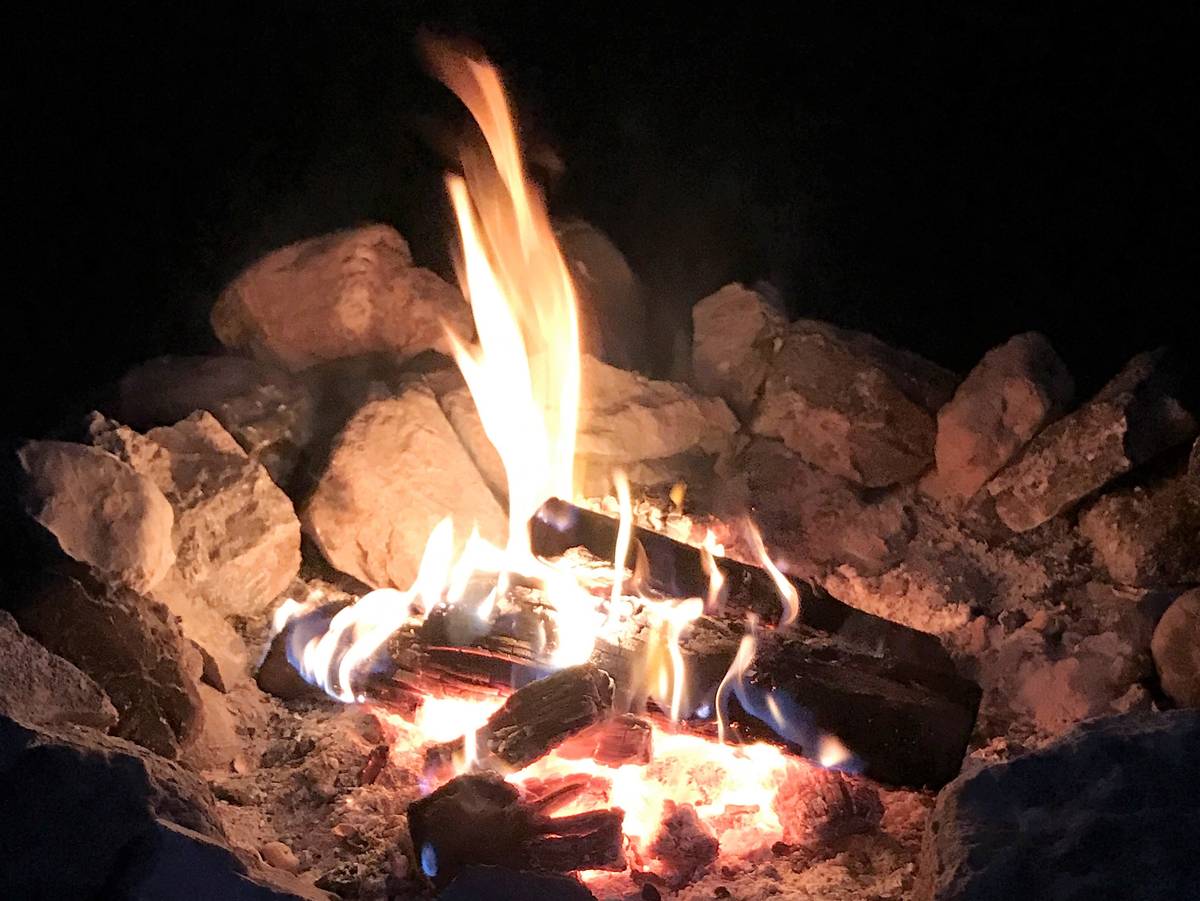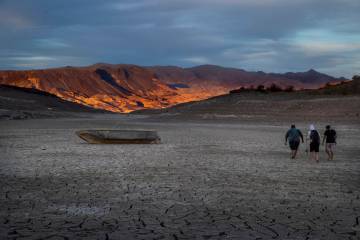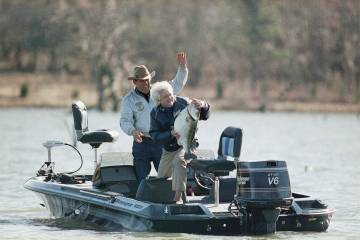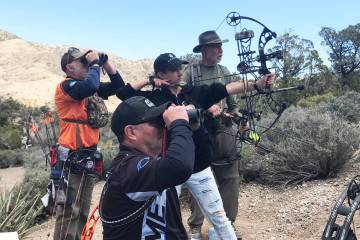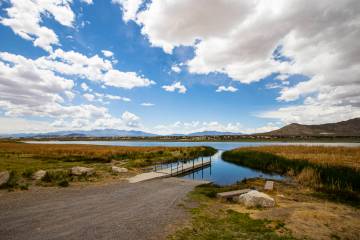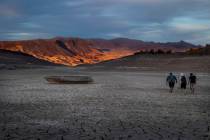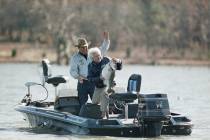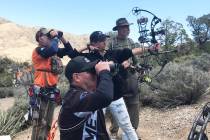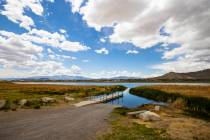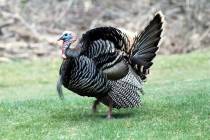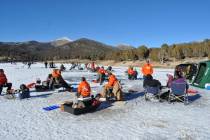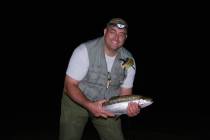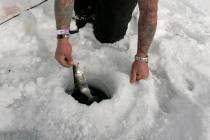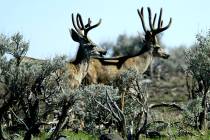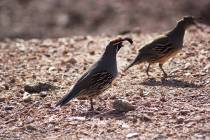Campfire tradition in hunting camps in jeopardy this fall
One of the benefits of living in Nevada is the access outdoor enthusiasts have to wide open spaces on millions of acres of public land.
Land managed by the Bureau of Land Management alone totals nearly 48 million acres, and much of it is open to hunting, fishing, camping and other recreational activities.
So too are the nearly 6 million acres managed by the U.S. Forest Service that fall within the Silver State. For those of us who were born and raised in the Southwest, access to these wide-open spaces is woven into the fabric of our lives.
As summer gives way to fall, as they have for generations, hunters will take to these open spaces in search of big game, upland birds and yes, even waterfowl.
Along the way we will do some camping and maybe some fishing, but as we do, it is important to remember that we are not out there alone. Each of us shares our open spaces with others. Some people who hunt and fish, and some who do not.
The point is we will not be out there alone. What we do affects those around us. That is why there are regulations governing what we do. Outdoor ethics should determine the rest.
Despite recent weather patterns that have brought monsoonal rains to parts of Southern Nevada, the state and its natural resources remain in a long-term drought. As a result, much of the state is dry and subject to wildland fires.
Anyone who has spent time in the Nevada outdoors during the past decade or so has seen the impact of wildland fires on the landscape, especially in the northern parts of state where they have destroyed large swaths of winter range needed for the survival of such species as pronghorn and mule deer.
Due to the ongoing drought and dry conditions on the landscape, we may have to forgo the campfire tradition in our hunting camps this fall.
As citizens it is our responsibility to follow any fire restrictions put in place to prevent those fires, and as hunters we have an ethical obligation to protect the habitat. Even when that may mean forgoing family traditions, such as making smores.
Current statewide fire restrictions issued by the BLM prohibit the following:
1. Possessing, discharging, using, or allowing the use of fireworks, pyrotechnic or incendiary devices.
2. Possessing, discharging, igniting, or causing to burn; explosives or explosive material, including binary explosive targets.
3. Discharging a firearm using tracer, incendiary, or steel-component ammunition. [Use of tracer or incendiary ammunition are always prohibited on public lands].
4. Operating or using any internal or external combustion engine without a spark-arresting devise properly installed, maintained and in effective working order.”
Additional restrictions are in place for the BLM’s Southern Nevada District. They include prohibitions against the following:
1. Building, maintaining, attending or using a fire, campfire, charcoal BBQ or stove fire (except a portable stove using gas, jellied petroleum or pressurized liquid fuel).
2. Smoking, except within an enclosed vehicle.
3. Welding or operating an acetylene torch with open flames, except by permit.”
The BLM also recommends that recreationists have a shovel in their possession along with a fire extinguisher and at least five gallons of water in case a fire somehow begins.
You can find the most current restrictions and information about both active and inactive fires online at www.nevadafireinfo.org/. The site offers an interactive map that may be of help when you are planning your hunt and could help you avoid areas with active fires.
It would be good to have that site along with the National Weather Service site in your list of favorites.
Freelance writer Doug Nielsen is a conservation educator for the Nevada Department of Wildlife. His “In the Outdoors” column is not affiliated with or endorsed by the NDOW. Any opinions he states in his column are his own. Find him on Facebook at @dougwritesoutdoors. He can be reached at intheoutdoorslv@gmail.com



